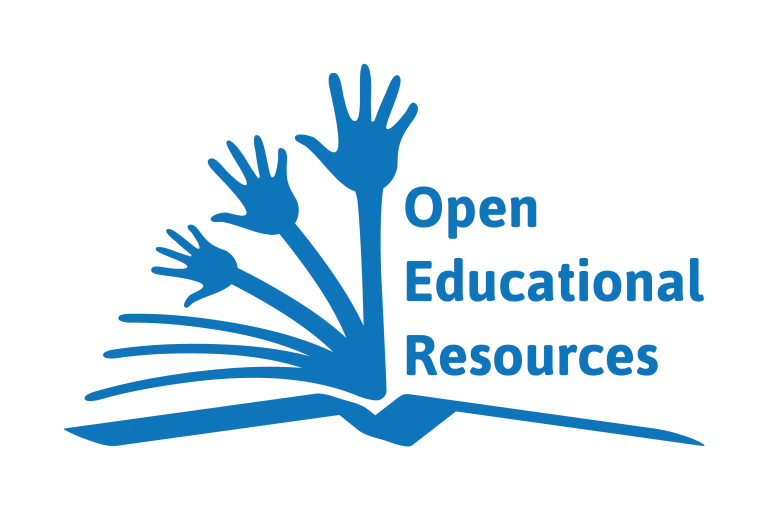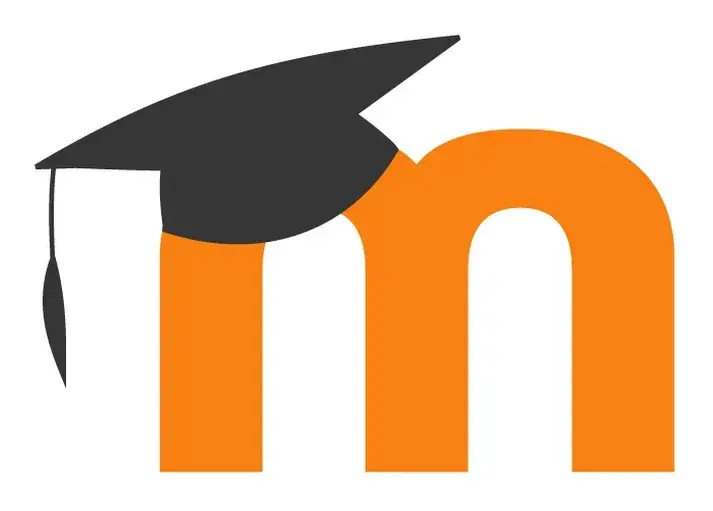Digital Transformation in Education

The ZHAW digital initiative is driving the digital transformation of teaching. The aim is to create the optimal conditions for future-oriented and socially relevant knowledge.
The ZHAW aims to provide its students, lecturers and employees with the optimal conditions for acquiring and sharing socially relevant, forward-looking and high-quality knowledge.
To this end, ZHAW digital supports innovative projects. The initiative follows a holistic approach, which is implemented through three long-term education support programmes. It also brings together expertise in interdisciplinary flagship projects and provides resources for their development and implementation.
Two key documents:
- Education and digital transformation strategy (in German)
- Life-long learning strategy (in German)
Education support
Transformative Education Fund
ZHAW digital and the Innovation Lab support the digital transformation of education across the university’s Schools through the Transformative Education Fund (TEF). Through the TEF, we support and coordinate education projects, provide assistance with their implementation and strengthen both networking and collaboration Thanks to this framework, the TEF contributes to the further development of education quality and to positioning the ZHAW in the context of digital transformation.
P-8 und PgB
We support projects that participate in the swissuniversities programmes Strengthening of Digital Skills in Teaching and Open Education & Digital Competencies.
MAIDA
How can AI contribute to analysing and further developing didactic designs? “MAIDA” uses AI in the “myScripting” educational design assistant to make it easier to create didactic designs for online and blended learning.
- Further information: Here
- Project management:Claude Müller Werder & Jennifer Erlemann
CompComp
“CompComp” is developing a framework for computational competencies with the aim of teaching problem-solving skills and computational thinking to students from non-technical disciplines. It is part of the overall digibasics project.
- Further information: Here
- Project management: Patrick Hunger & Liana Konstantinidou
fAIr
“fAIr”, a project conducted by the University Library and part of the overall Swiss Digital Skills Academy project has two objectives: the development of an AI assistant for the promotion of OER-linked digital competencies (remixing, reuse, creation of OER) and the exploration of sustainable metrics for OER.
- Further information: Here
- Project management: Esther Bättig
P8
BMFH
The support programme offered in collaboration with the BMFH is aimed at teaching staff, students and learners at the ZHAW and upper-secondary vocational schools in the canton of Zurich.
The opportunities presented by digital transformation should help pupils at upper-secondary vocational schools in making the transition to the ZHAW and continuing their studies.
Flagship projects
ZHAW Digital Campus
The ZHAW Digital Campus is being developed together with the Center for Innovative Teaching and Learning. It includes the production of MOOCs (massive open online courses) for edX and Swiss MOOC Services and the provision of support for lecturers in independently producing learning videos.
- 21 MOOCs with 86 people involved
- 51 runs, 24,000 students and more than 2,000 forum posts
- More than 700 issued certificates
Contact for the Digital Campus: Minna Koponen
Open Educational Resources

With support from ZHAW digital, the University Library has established the OER competence centre. The ZHAW is now one of the leading universities in this field and is one of the few to have an OER policy.
- The ZHAW plays a leading role in the national OER repository Switch OER
- More than 200 people are networked and actively involved
- Students4OER competition with the ZHAW Sustainable Impact Programme
Contact for OER: Nicole Krüger
New “myZHAW” student portal: everything accessible at the click of a mouse!

“myZHAW” is now making everyday university life easier for our students. Central services can be accessed at any time with just one click – including Moodle, grades, module overviews, timetables and site plans as well as the current canteen menu. Whether you access it at a desk with a laptop or on the move via a smartphone – “myZHAW” brings together numerous functions, allows for both content and visual personalisation and supports students in organising their daily university life in an efficient manner.
Moodle, Moodle, Moodle

ZHAW digital promotes the targeted further development of innovative features for Moodle. This includes improving accessibility, usability and design. The Teaching Technologies and Didactics section is responsible for the design and implementation.
- Moodle app for Android and iOs
- Moodle 4.0 redesign
- First Swiss university with an accessibility declaration
Contact for Moodle: Lisa Messenzehl
